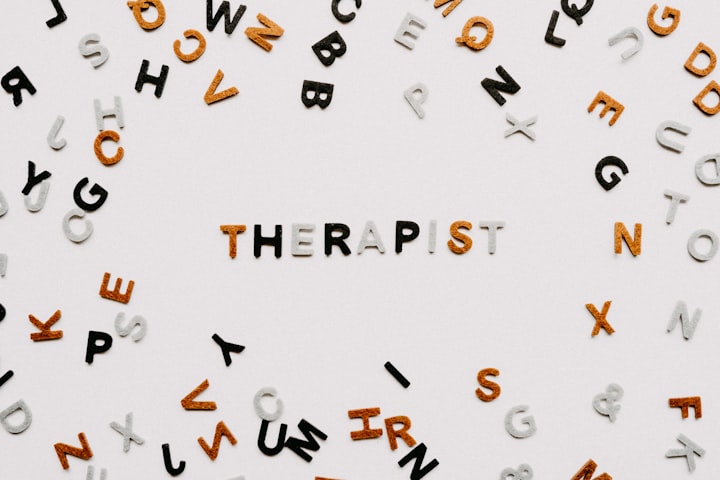How to Know if You Have Anxiety
Anxiety Affects More People Than You Think

What is Anxiety?
Anxiety is a feeling of worry, nervousness, and fear. It can make you feel on edge or tense. You may also have trouble concentrating on anything else.
People with anxiety may feel like they are about to lose control of their body and mind. They might also have a hard time telling the difference between what is real and what isn't.
Anxiety can be caused by many different things. Some people might be more anxious than others due to their personality or the way they were raised by their parents.
Others might have anxiety because of a medical condition like OCD or PTSD, while some people might just be more anxious in general due to genetics or other factors that are out of their control.
Common Signs of Anxiety
The symptoms of anxiety vary from person to person and also depend on the severity of the condition. Some people experience one or two symptoms while others experience several symptoms at once. The most common signs are:
- Increased heart rate
- Persistent worries
- Difficulty concentrating
- Irritability or anger
- Feeling restless or on edge
- Insomnia
- Fatigue
- Nervousness
- And more.
What Type of People Are at Risk of Developing Anxiety?
It is estimated that at least 40 million American adults suffer from anxiety and there are a number of risk factors that can lead to it.
This also means some people are more prone to developing anxiety than others. This happens due to various factors such as genetics, environment, brain chemistry and personality traits. The most common risk factor for developing anxiety is stress from work or school.
How to Know if You Have Anxiety?
Mentally, anxiety includes abstract sensations of nervousness or fear. Anxiety could incorporate in essence sensations like quick heartbeat, muscle strain, dry mouth, or perspiring. What's more, typically, it could lead an individual to keep away from standard circumstances, quit conveying about sentiments, or neglect to decide.
In its most outrageous structure, anxiety can make you feel withdrawn from yourself or even distant, going off the deep end, or thinking unreasonably
What's the Difference Between Feeling Anxious and an Anxiety Disorder?
How might you let know if your nervousness has outperformed typical levels and crossed into a dangerous area?
Many experts say you might have a problem assuming your uneasiness is extreme, dependable, and prompts fears or serious trepidation that upsets your life.
When is it Time to See an Anxiety Therapist?
Like all feelings, anxiety is sound, and we as a whole are inclined to feeling it now and then. Anxiety can turn into a weakening issue, however, when the pressure you feel is at this point not in relation to the circumstance.
A forthcoming test, new employee screening, or first date might cause you to feel anxiety, and that is always possible.
In any case, on the off chance that you feel side effects of anxiety missing any clear explanation, or regular things make you restless — leaving your home, for instance — it very well might be an ideal opportunity to see an emotional well-being proficient. To be aware assuming your uneasiness is unmanageable, you need to know the side effects.
How Do I Find an Anxiety Therapist?
You can find an anxiety therapist in your area by searching online or asking friends if they've done any therapy before. When searching make sure you find a therapist that has experience working with anxiety disorders. A good example of this would be Kaylin Zabienski.
If your therapist doesn't have any experience working with anxiety disorders, you might not be able to treat it. Hiring a qualified therapist is the most important to consider when you are finalizing your hiring decision. Take your time and get your life back on track!





Comments
There are no comments for this story
Be the first to respond and start the conversation.